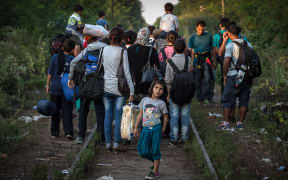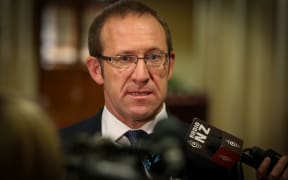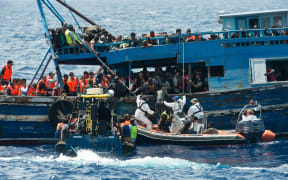All three of the Government's support partners say there is a strong case for New Zealand's annual refugee quota to be increased from the current 750 to at least 1000.
ACT, United Future and the Maori Party say the humanitarian crisis in Europe is too serious to ignore.
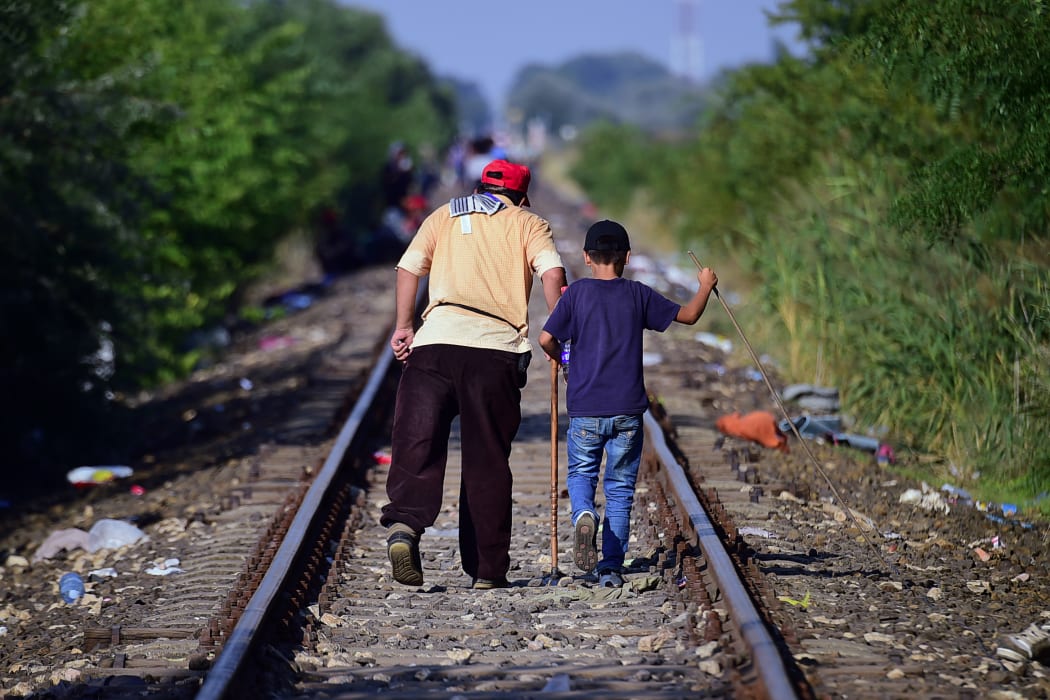
Government support partners say National is wrong on its refugee quota stance. Photo: AFP
Prime Minister John Key has ruled out an emergency response, and said a review of the annual quota would take place next year.
Europe has been struggling to cope with its worst refugee crisis since the World War II.
This year alone, the International Organisation for Migration estimates, 2373 people have died trying to reach Europe by sea, and 3573 in the past 12 months. Almost 300,000 people have arrived in Europe in 2015.
ACT Party leader David Seymour said New Zealand should be doing more to help.
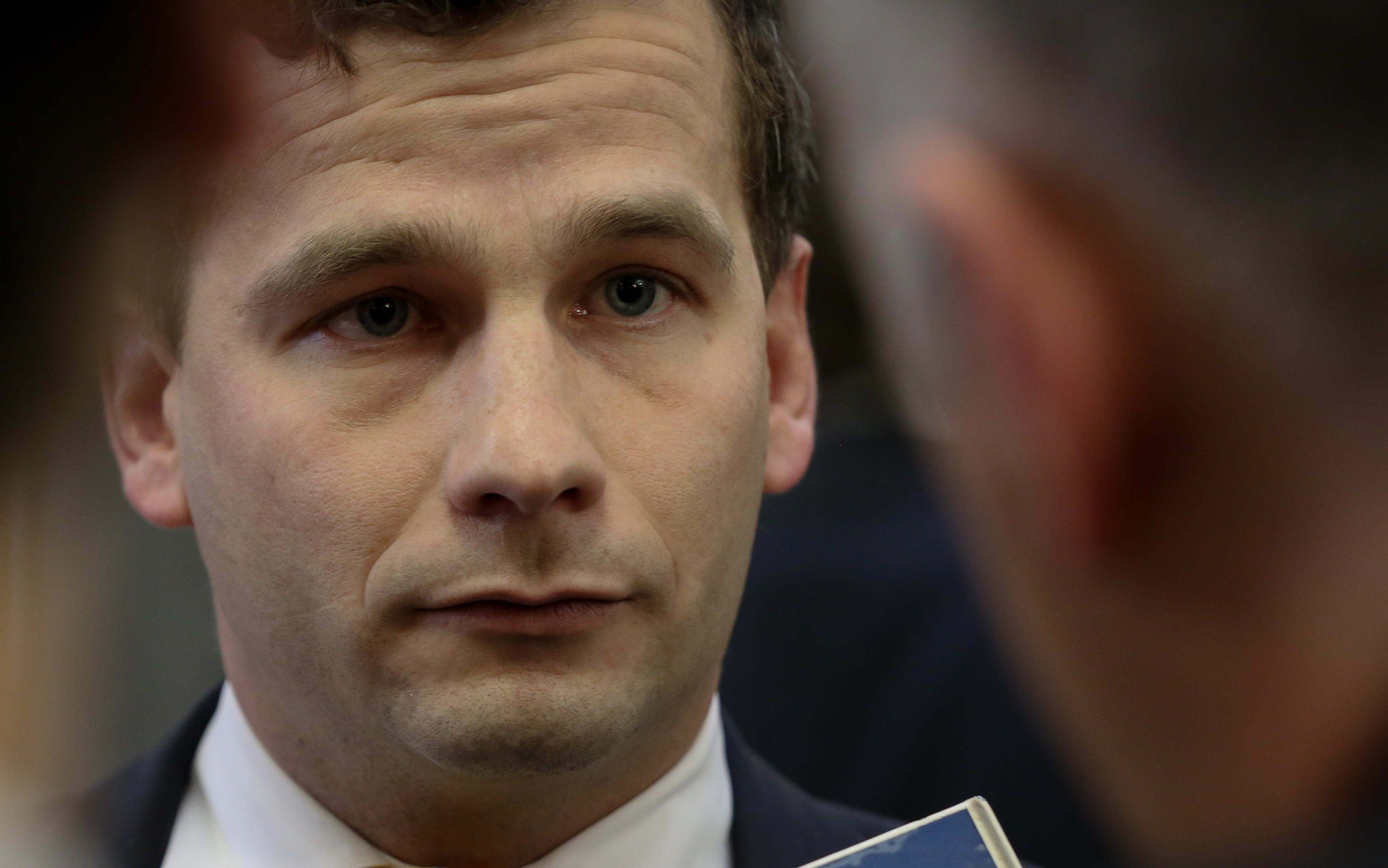
David Seymour Photo: RNZ / Alexander Robertson
"I certainly believe that's what they should be doing.
"Will I be cashing in all my chips and threatening a snap election if they don't? No I won't, but to the extent I can influence them that's what I'll be saying."
Mr Seymour said the refugee quota should be pegged to either the rate of GDP or population, and suggested 1000 was a better number than 750.
Maori Party co-leader Marama Fox said New Zealand was in a position to take on more refugees.
"We can easily probably cope with 1000 refugees a year which is an extra 250; which is not a lot.
"It's not going to solve the refugee crisis in Europe, but actually there is an urgency to have this discussion right now - there are some grave stories coming out of Europe and we certainly can do our bit to assist."
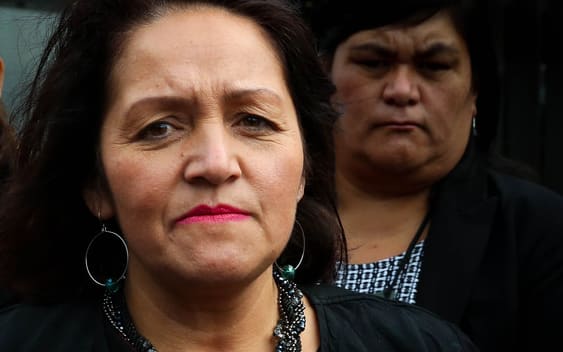
Marama Fox Photo: RNZ / Alexander Robertson
Leader of United Future and Government support partner Peter Dunne said the Government had "got it wrong" on the refugee issue.
He said there was a strong case for lifting New Zealand's annual quota to at least 1000 people, and consideration should also be given to an emergency response to the mounting refugee numbers in Europe.
"New Zealand has a good history of responding positively to refugee crises - from the time of the Polish children in 1944, right through to now - and should be prepared to play its part now."
And he said the National Party was isolated on this issue.
"I don't know why, because I think from the feedback I've had there's quite a body of New Zealand public opinion that would support a more humanitarian attitude than we appear to be taking.
"They see it as part of paying our dues in an inter-connected world, I think that's only fair and reasonable as one of the more affluent, as a good international citizen we should play our part."
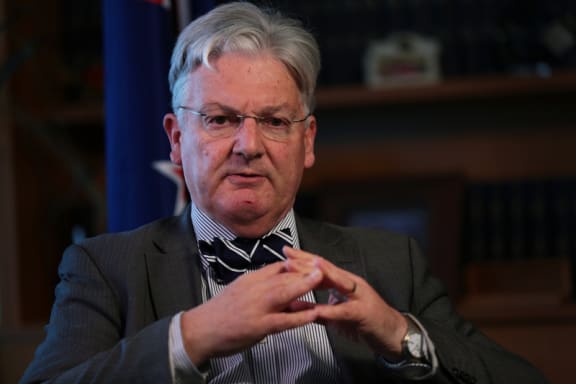
Peter Dunne Photo: RNZ / Diego Opatowski
Mr Key said he would not bring a review of the refugee quota forward and he said the quota had been met for the past three years.
"There's a significant process that they go through as I understand it, so they select some people and then they go through a vetting process and they check that they're genuine refugees that fit the criteria...so sometimes I think they just don't quite meet those numbers, but in the last three years they have and we would hope that they do.
"That's the number that we think is appropriate. In 2016 the Government will be going through its three-yearly review about whether that number should change."
New Zealand's Refugee Council said extra resources would be needed to take more Syrian refugees, but that the infrastructure was there, and the country could cope.
This year 83 Syrians have been taken in, from the 100 places promised by the Government as part of its annual refugee quota of 750.
Refugee Council president Arif Saeid told Checkpoint the impact of a few hundred more people would be small.
He said more resources and support would be needed, but the infrastructure itself, like resettlement centres, was already in place.
